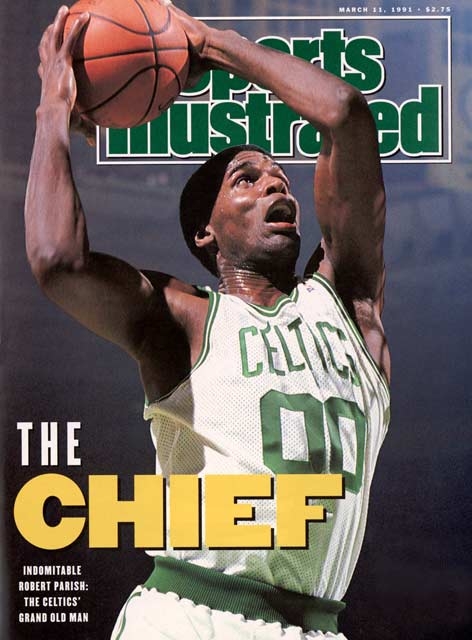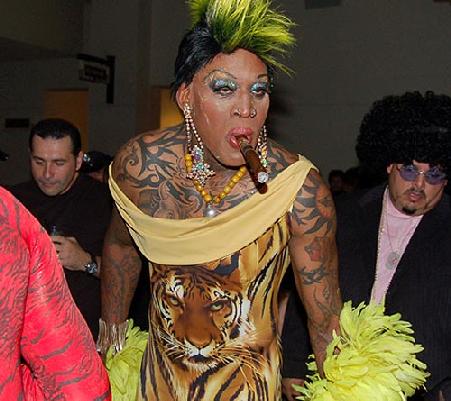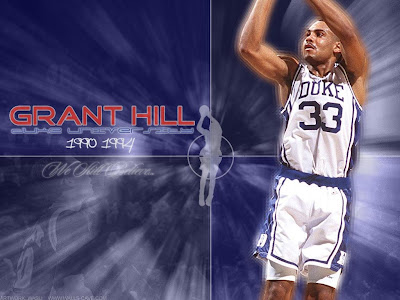Dr Mufasa wrote:Well, PER and WS similarity is not perfect, and the ones I disagree with the most are usually with fastpace players who's stats probably should not be downgraded for it (including guys like Nash, Magic, Kobe English, especially if they're directly compared to slowest in the league counterparts - Nash/Stockton vs Billups, Kobe vs Wade, etc. ). If he had a 28/7 years on a below average paced team, even with the efficiency he'd be looking at 10-12 WS like the best Nique seasons. Melo also has 3 seasons between 65 and 69 Gs which I usually don't punish players for. When I see 7.9 WS for 2010 which was an outstanding season front to back for Melo, or 5.0 in 2009 where admittedly he was at his weakest in RS (but clearly > 5 WS despite this) and playing the best basketball of his career in PS, I would label that a case of WS missing his value and through that, the similarity scores. When Vince has 25 WS combined in 00 and 01 and Melo has 13 in 09 and 10, to me it's obvious that Melo just got jobbed in in those 2 years, part from pace and part from inconsequential bang up injuries in the RS. My own WS estimation of Melo would have him averaging about 10 WS over his best 5 seasons which is just what Carter had - this would also give him the same similarities chart as Carter which has the players you'd expect (Iverson, Allen, Kidd, Greer, etc.)
You've mentioned your feeling about pace before. I'll say up front that you make a thought provoking point. In the end though, I don't see how the issue is really relevant to evaluating impact. Consider:
Your theory is essentially that teams that play slow are able to get the ball to their star more. Hence, while for role players pace is clearly an adjustment that can be done linearly with some confidence, with stars the proper adjustment is unclear. Perhaps the ability to get the ball to the star more per possessions equals or outweighs the disadvantage of less possessions, right?
Thing is, if that theory is true, then the decision to play faster is a decision to use a particular star a bit less per possession than he could be used, and making the success of the team more dependent on the usage of other. Using his overall production then as proxy for impact contributed remains as reasonable (and as flawed) as it ever was.
To be clear: That decision to make less use of Melo by the coach is indeed a place to start an argument saying Melo's capable of having more impact and he's just not been used properly. I'm not going to say you can't make an argument like that in a GOAT debate, but you'd want to tread very carefully there as it opens up a can of giant fire-breathing worms.
Last, let's be explicit about the +/- side of things. When advanced box score stats say a player is overrated AND +/- stats agree, this is extremely damning in my book and I really question how they can be ignored by anyone. A player doing good only in box score can argue the +/- is flawed. A player doing good only in +/- can argue that his impact isn't captured by the box score. A player not very good in either but known as a borderline superstar should make everyone ask, "Is there a reason why this player could have gotten extremely overrated?"
And this is Melo we're talking about:
-He was anointed as a star before he came to the NBA.
-Up through his rookie year his name came up constantly as LeBron's rival thus furthering the hype.
-He's a volume scorer.
The only thing keeping Melo from absolutely hitting every branch of the overrated-tree on his way down is the fact that he didn't win a slew of championships playing next to Bill Russell.






























